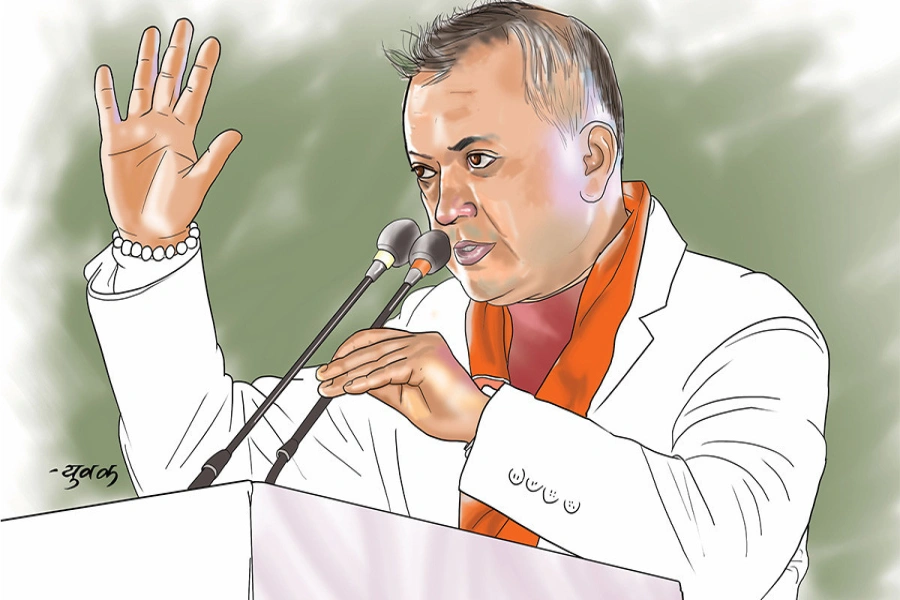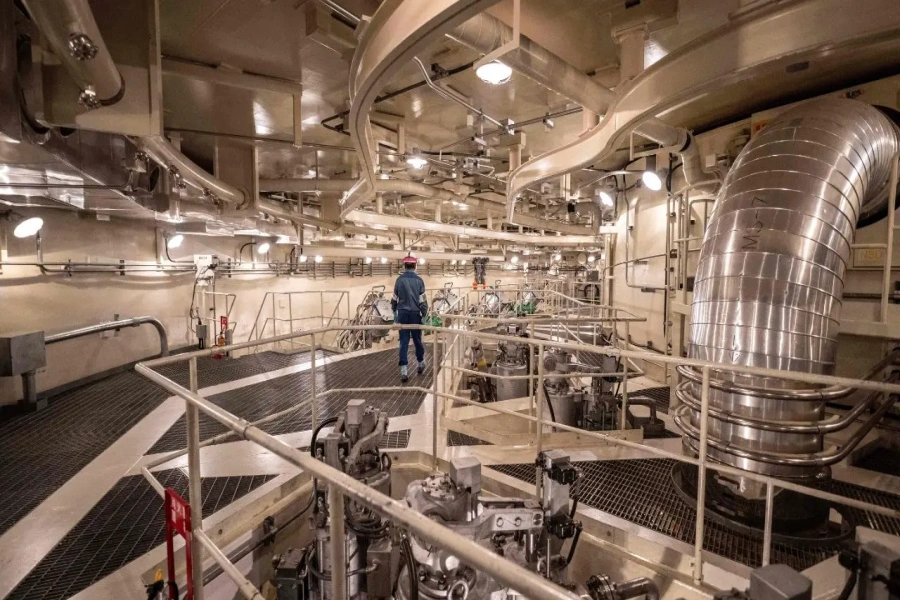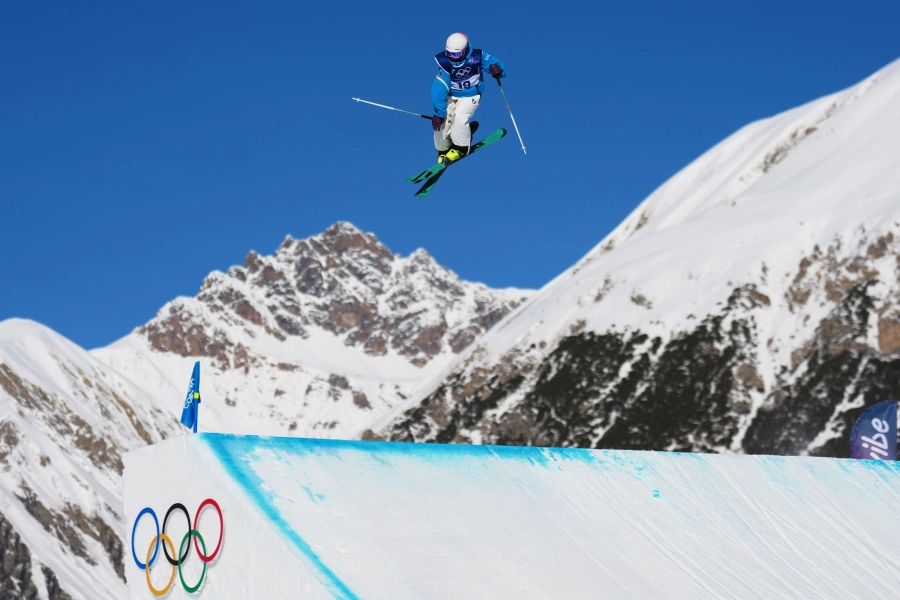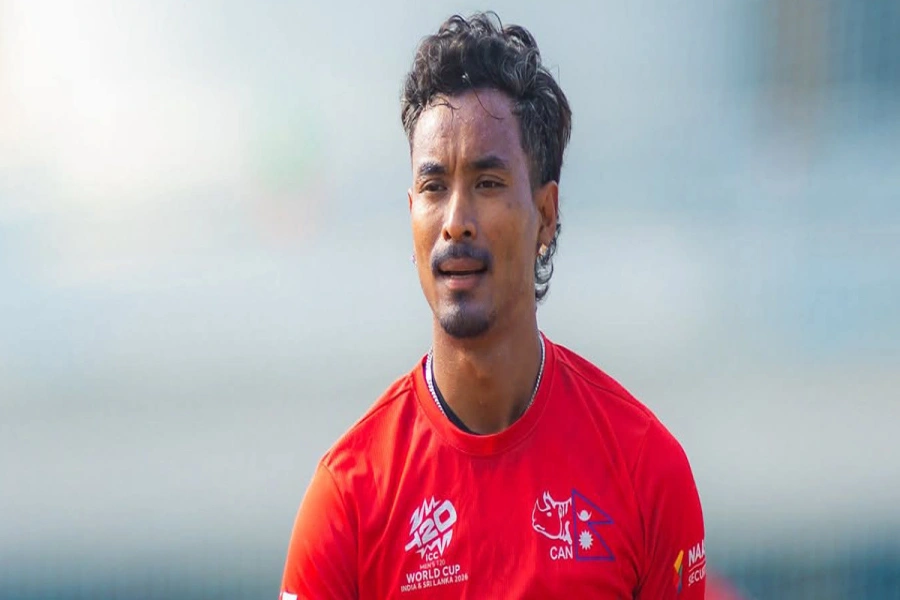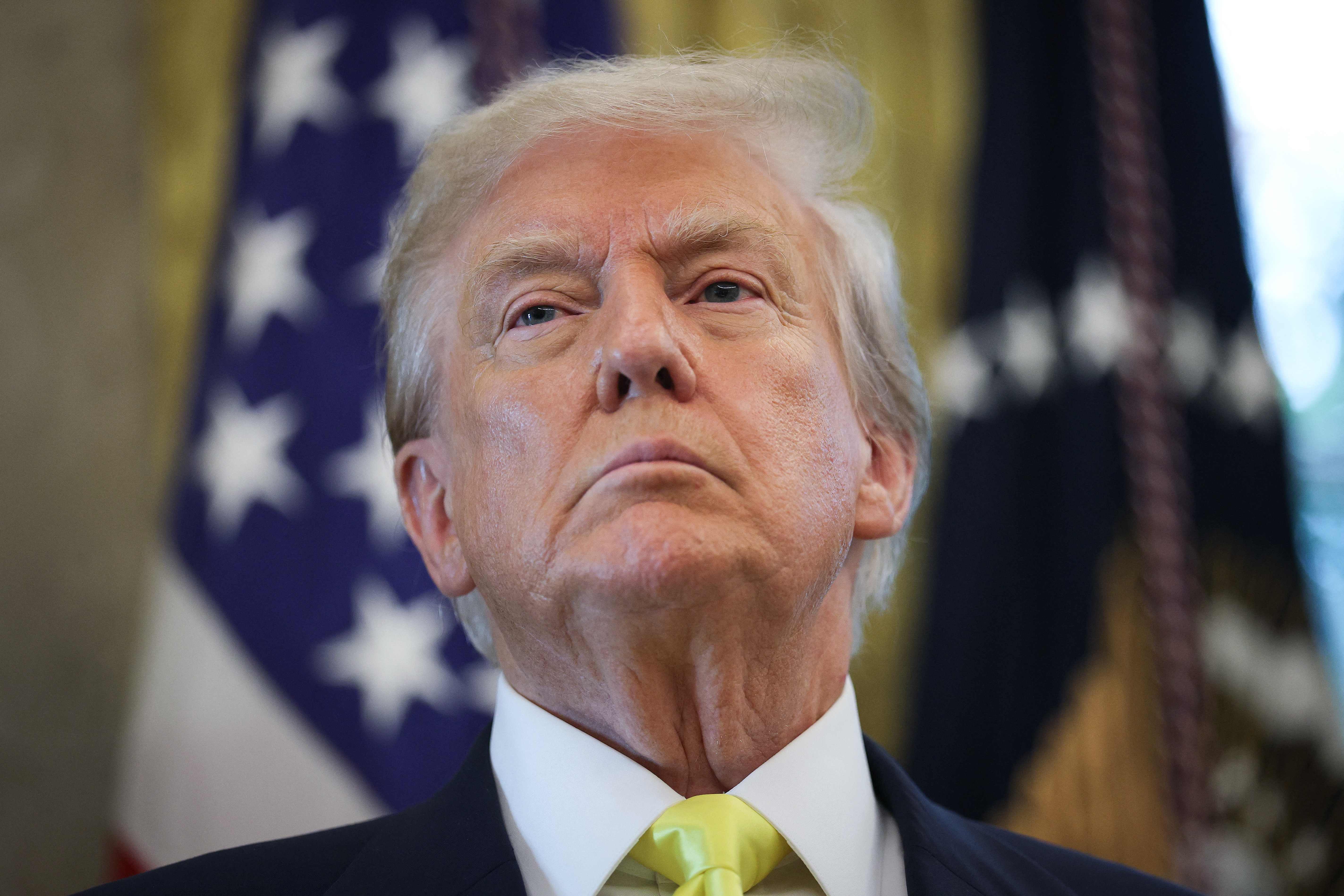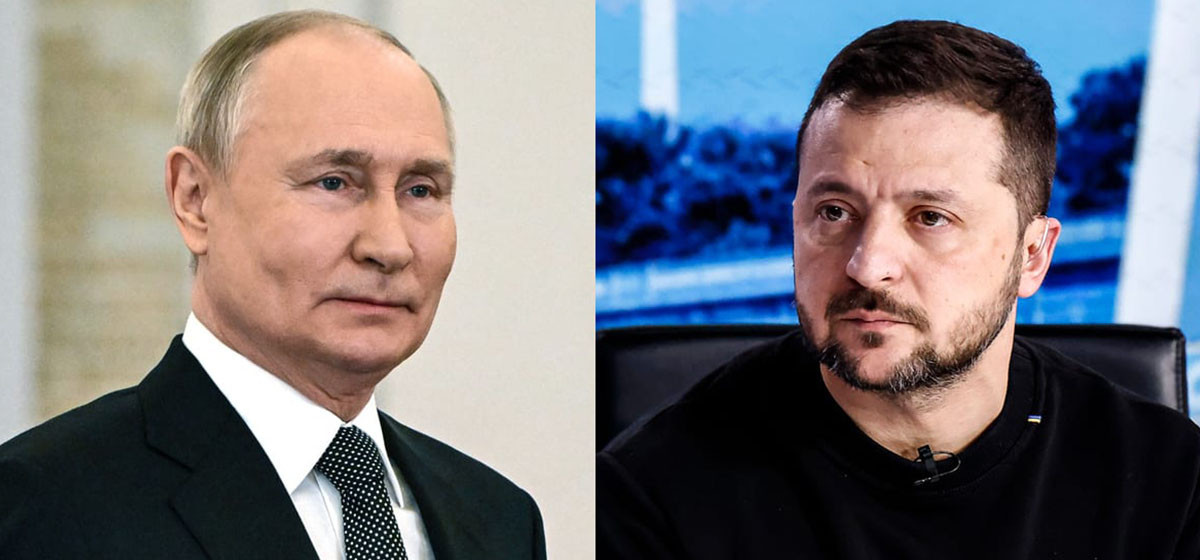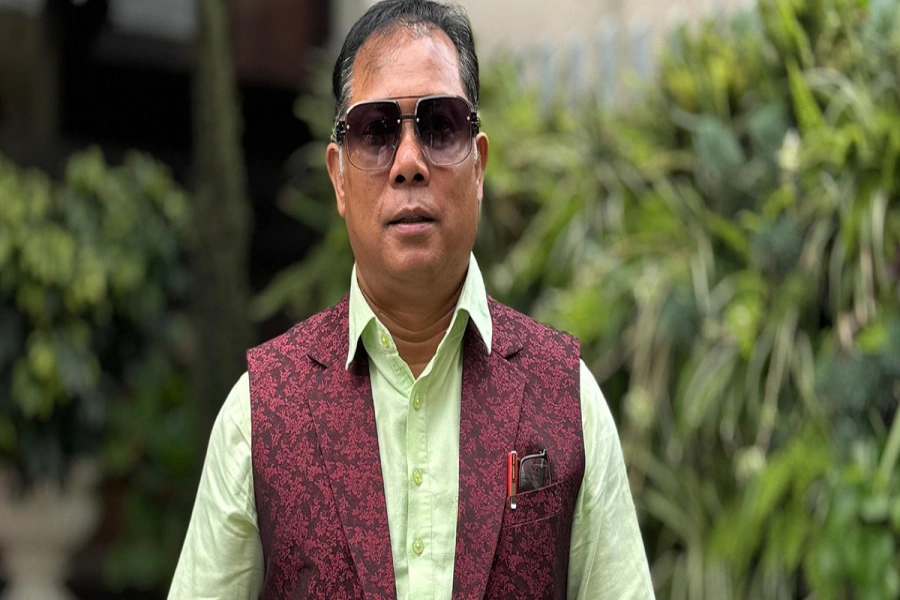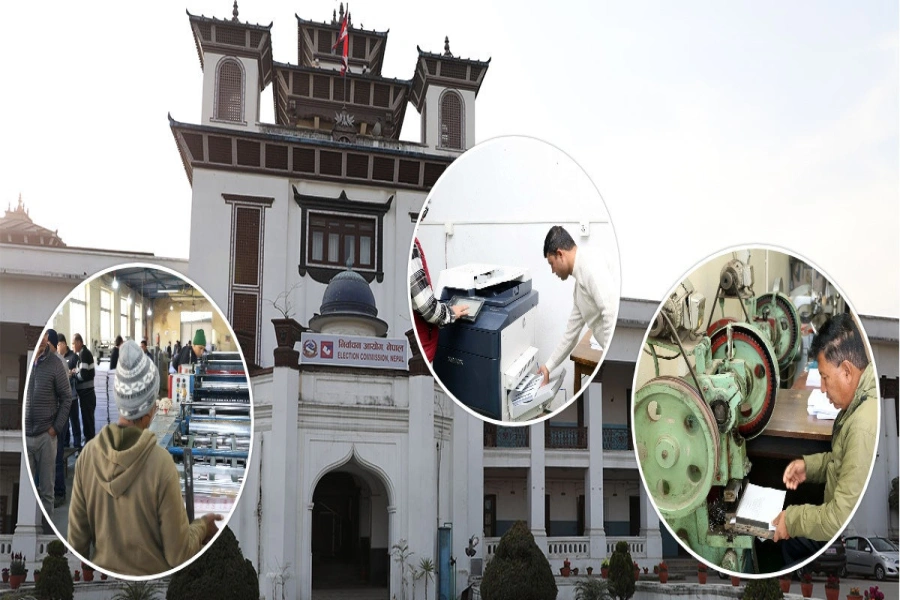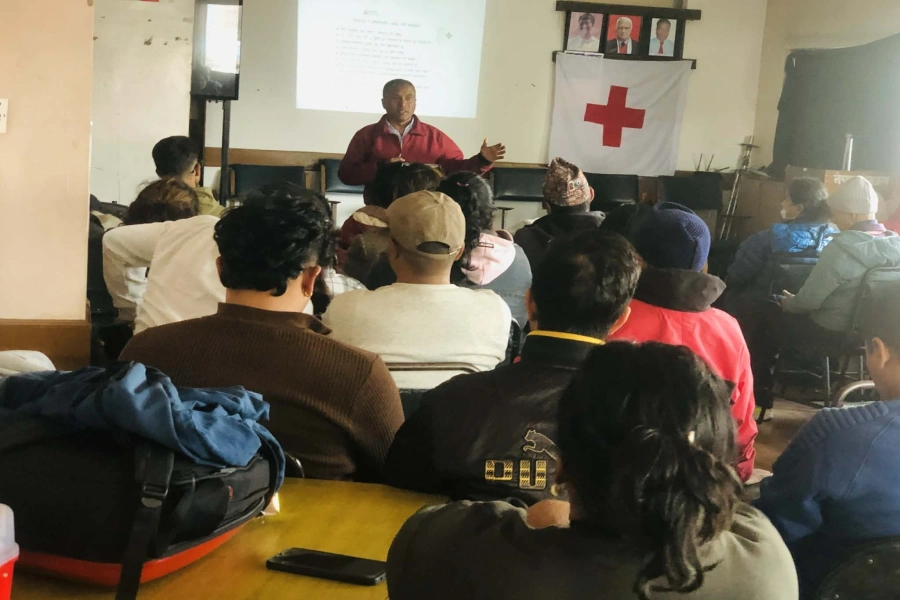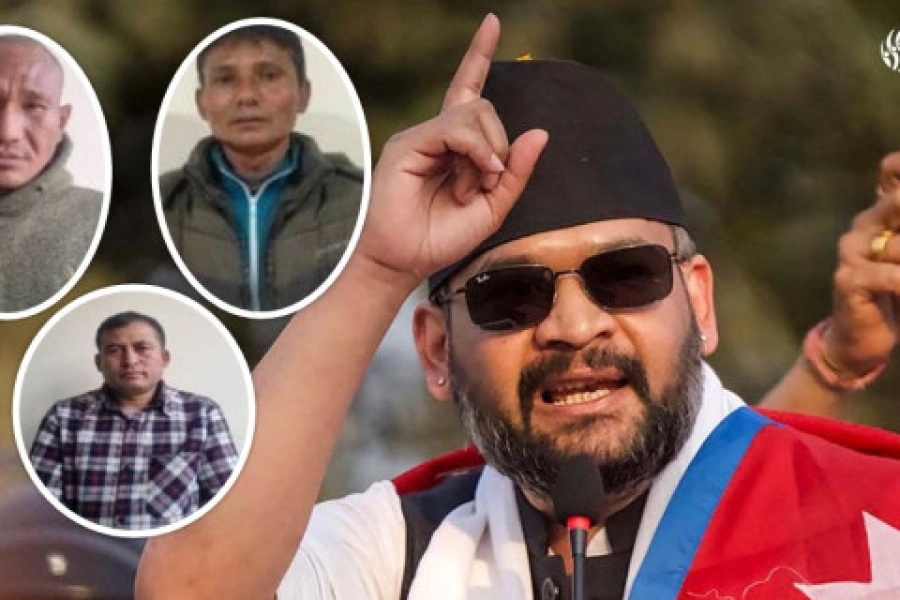Putin created a system that places him at its center. In Russia, that is where all responsibility is to be found.
MOSCOW – German, French, and Swedish medical experts agree: Alexei Navalny, Russian President Vladimir Putin’s highest-profile domestic critic and the founder of the Anti-Corruption Foundation, was poisoned with the nerve agent Novichok. Navalny has survived. Russia’s relationship with Germany may not – and that would not necessarily be a bad outcome.
Emphasizing the importance of taking “a clear stance,” German Chancellor Angela Merkel has declared Navalny to be the “victim of a crime intended to silence him.” The case, in her view, raises “very serious questions” that “only the Russian government” can—and must—answer. “The world,” she averred, “will wait for an answer.”
Merkel has called for Russian authorities to launch an independent and transparent investigation into Navalny’s poisoning. The European Union and the United Kingdom have echoed that call. If such an investigation were to expose the Russian state as the culprit, the European Commission suggests, new sanctions may be in order. After all, according to the Organization for the Prohibition of Chemical Weapons, the poisoning qualifies as use of a banned weapon.
This is not the first time Russia’s government has been implicated in the use of Novichok against Putin’s supposed enemies. In 2018, the former Russian double agent Sergei Skripal and his daughter, Yulia, were poisoned on British soil. Both survived, and are in hiding.
The Kremlin vehemently denies involvement in either case. Regarding the Navalny poisoning, Kremlin spokesman Dmitry Peskov insists that there are “no grounds to accuse the Russian state” of being involved. Sergei Naryshkin, the head of Russia’s foreign intelligence agency, went further, arguing that Western intelligence agencies may have orchestrated the poisoning to discredit Russia.
Putin’s Pipelines to Power

While Naryshkin narrative is farfetched, he has a point: the attack on Navalny does Russia more harm than good. The decision to poison a high-profile political opponent immediately before local elections—with a Soviet-developed nerve agent, no less—defies political logic. And with protests against August’s fraudulent presidential election engulfing neighboring Belarus, the timing seems especially odd.
Moreover, the Kremlin’s initial response to Navalny’s poisoning was remarkably confused. Shouldn’t officials have come up with a solid cover story before ordering the attack? If the Russian state really was behind it, as the Germans allege, the plot appears to have been a spectacular failure.
Putin has long been presented as a kind of Darth Vader of global politics, capable of meddling in US elections, organizing protests in France, coaxing Brexit along, and propping up dictators like Syria’s Bashar al-Assad. A former KGB man, he is savvy, strategic, and cunning. So why couldn’t he manage to have the Skripals or Navalny killed? And why would Russia hand Navalny over to Germany, where Novichok would quickly be detected?
Now, Putin faces an international outcry and the threat of sanctions, including the potential cancelation of lucrative international projects like the Nord Stream 2 gas pipeline to Germany. Poisoning Navalny hardly seems worth it. Indeed, the attack resembles a maximum-effect anti-Russian public-relations tactic more than a sinister Kremlin plot.
Yet, if the notion that Putin directly ordered the attack is suspect, the allegation that Western intelligence agents orchestrated it is even more so. If nothing else, German or Swedish scientists, unlike their Russian counterparts, are unlikely to be convinced to pretend they found Novichok in Navalny’s system.
A more likely explanation lies in Russia’s political system, which is run by the siloviki—Putin’s political allies, whose power base is in the security apparatus. Some functionaries may have guessed that Putin wanted to silence Navalny before the local elections; others could have been subjects of Navalny’s corruption investigations.
In Russia, all sorts of goods and services—including military-grade nerve agents—are traded on the black market. And the siloviki owe their positions to loyalty, not competence. Any number of them may have foolishly believed that poisoning Navalny was a good idea. It would have taken only a couple to carry out the deed.
Other failed poisonings—such as those of Vladimir Kara-Murza, a journalist and coordinator of Mikhail Khodorkovsky’s organization Open Russia, in 2015 and 2017, and Pyotr Verzilov, the publisher of MediaZona, a news site that chronicles abuse in Russia’s justice system, in 2018—may have similar origins. The same may be true of the deadly poisoning in 2006 of Alexander Litvinenko, a former KGB officer who often criticized the Russian security services.
Like the Navalny poisoning, these attacks have often been counter-productive. In 2004, Anna Politkovskaya, a columnist for the liberal newspaper Novaya Gazeta, was sickened by toxins aboard an airplane traveling from Moscow to Beslan. She survived, but was shot to death in the elevator of her apartment building two years later. As Putin noted at the time, her “death brought greater damage to the Russian image than her reports.”
This is not to absolve the Kremlin of any of these attacks. Whether or not Putin directly ordered each hit, he created the system that allowed them to happen—one that is ineffective, unaccountable, and prone to destabilization by rogue actors.
Navalny’s death could have been seen as something the master of the Kremlin wanted, and pleasing the master is the siloviki’s ultimate objective. In an unstable and Putin-centric system, they have few legitimate options for ensuring stability. And even if their efforts to settle personal and political scores backfire, they will not be punished. They were, they can always claim, trying to defend the president’s interests.
Those now accusing the Kremlin in Navalny’s poisoning are unlikely to find any “smoking gun.” It doesn’t matter: ultimately, the Kremlin is to blame. The West should be consistent and united in holding it accountable, even if that means implementing sanctions or other policies that run counter to its own economic interests.
Putin created a system that places him at its center. In Russia, that is where all responsibility—or blame—is to be found.
Nina L Khrushcheva is Professor of International Affairs at The New School. She is the author (with Jeffrey Tayler), most recently, of “ In Putin’s Footsteps: Searching for the Soul of an Empire Across Russia’s Eleven Time Zones”
Copyright: Project Syndicate, 2020.
www.project-syndicate.org


_20200918180231.jpg)
